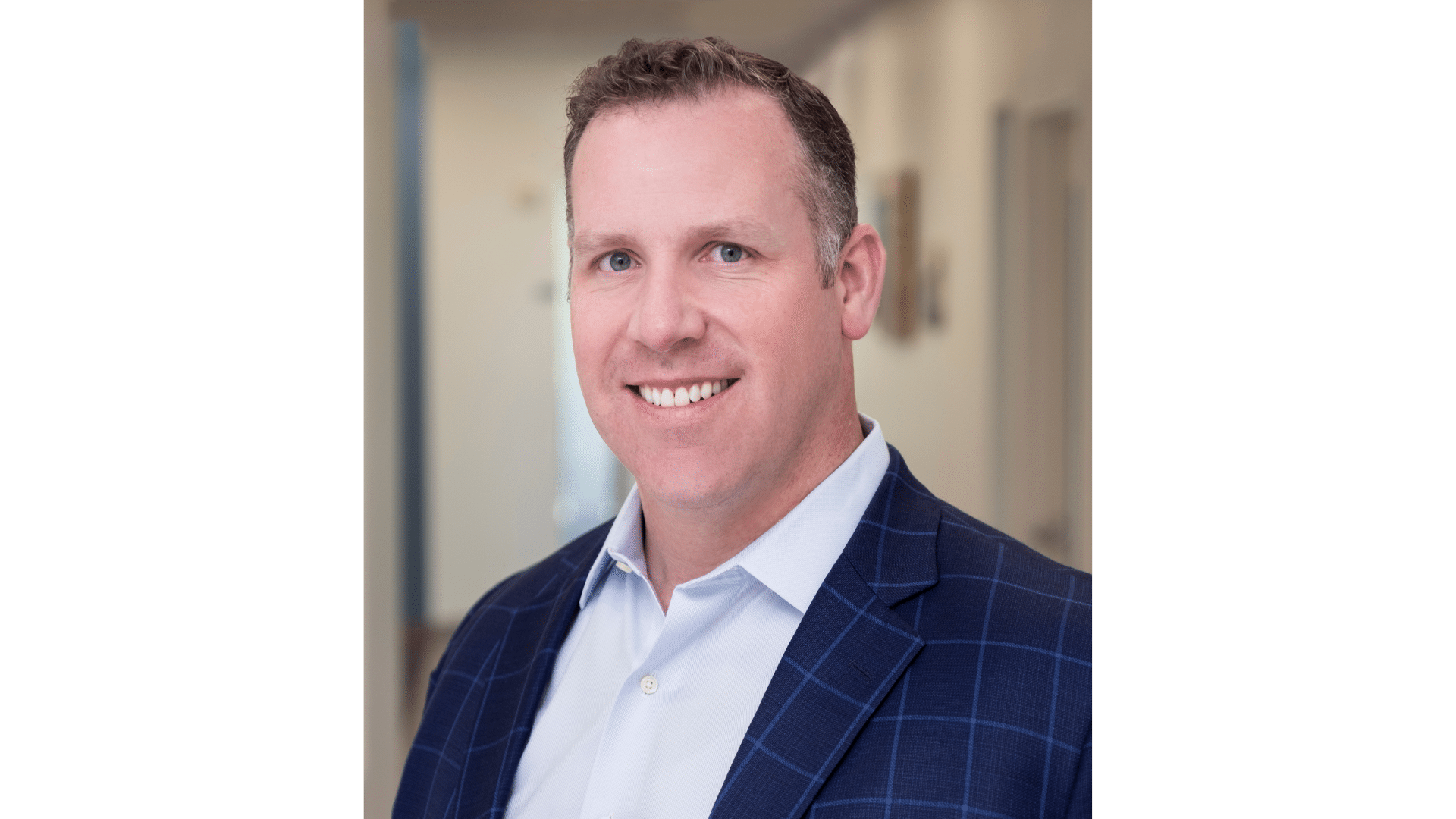
The Right DSO Partner Can Alleviate Office Management Issues
Lightwave provides world-class business services so dental leaders and dental teams can realize their personal, professional, and financial goals
October 27, 2021 — The early days of the pandemic were devastating to owner dentists everywhere and exposed just how difficult it can be to keep a quality practice operational. As they continue navigating the aftermath of government shutdowns that left many with financial losses, smaller staffs, and, in some cases, no choice but to leave the industry entirely, dentists need help.

Running a dental practice presented its own challenges before the pandemic between rising hourly rates and healthcare costs and declining reimbursement rates. Now with personal protective equipment (PPE) protocols and staffing shortages compounding the already high costs necessary to maintain a competitive edge — such as upgrading and maintaining IT hardware, imaging equipment, and overall office aesthetic — many owner dentists are struggling to keep their heads above water.
Owner dentists have a lot on their plates as they regain their footing. Working with the right dental support partner can help ease the burden of human resources (HR) issues and office management while providing dentists with resources that can help strengthen their practice and drive growth again.
Pandemic hiring challenges
In the early months of the pandemic, many dentists, hygienists, and assistants lost their jobs when practices had to halt elective dental procedures. A significant number of these individuals were laid off, some left their jobs for personal reasons, and given that 40% of U.S.-based dentists are currently over the age of 55, some chose to retire early. This left many practices understaffed and scrambling to hire when the ban on elective procedures was lifted and patient demand increased. However, due to increased competition and a smaller talent pool due to health concerns over the virus, 80% of dentists report that hiring dental hygienists and assistants is extremely challenging. More than 70% of dentists report that hiring administrative staff is very challenging, and more than 50% report the same struggles for recruiting associate dentists.
The current labor shortage has left many practices unable to hire qualified hygienists and assistants, adding to the stress and responsibilities of dentists and their small teams who are already spread thin. This has only compounded the HR issues that existed before the pandemic, leaving owner dentists to fight that much harder to keep their practice open.
How the labor shortage is impacting practice success
High employee turnover has always been an issue in the dental industry, but considering most practices are already understaffed and hiring continues to be a challenge with the shrinking talent pool, practice owners cannot afford to lose their current employees. However, as practices continue operating with smaller staffs, each team member is left with an unsustainable workload to meet patient needs and keep the business running. This has left many practices with burned out staff and poor company culture.
In an attempt to keep current employees happy and attract new talent, practice owners are increasing pay rates for dental assistants, hygienists, and administrative staff — only adding to their crushing overhead expenses. Many practices are still recovering from lower patient volumes and higher supply costs due to PPE and infection control mandates, leaving them no choice but to squeeze themselves financially to meet growing patient demand.
Dentists are also going out on a limb by filling open roles with inexperienced candidates who lack formal job training. While this is done with the intention of lessening the workload of current staff, this move can add to their workload, since they now need to train these individuals themselves. Furthermore, employee turnover among new employees can be higher if they feel unsupported in their role.
Owner dentists are now left with an HR headache on top of managing other business tasks that they were never trained to deal with, including filing insurance claims, collecting patient payments, paying bills, and more. The pandemic has made it hard for dentists to focus on what they were trained to do, and it left many facing the difficult prospect of selling their practice.
Dentists need help, and the right partner can alleviate the management burden while letting dentists focus on what they do best — providing quality clinical care and a great patient experience.
The right partner is key to success
Most dentists are turned off by the idea of joining a dental service organization (DSO) because they associate group dentistry with losing complete control over their practice. While this is true for some DSOs, there are other DSOs that have a dentist-first mentality and operate with dentists’ growth and success top of mind. These thoughtful DSOs prioritize preserving the heart and soul of private practice and ensure dentists maintain complete ownership and autonomy over the clinical side of the practice.
The right DSO with strong financial backing can support owner dentists by helping with recruitment, training, and retention through improving employee benefits; creating opportunities for professional growth; and collecting employee feedback on compensation, workload, benefits and more. They can also help with the mundane tasks of negotiating for better reimbursement rates, managing payroll, and automating patient scheduling.
A thoughtful DSO provides comprehensive solutions that help fill office management gaps within dental teams, it removes the financial risk of owning a practice, and it lets owner dentists and their teams focus on patient care. When working together, a high-quality practice and a high-quality DSO can achieve the ultimate trifecta — a better patient experience, employee experience, and professional experience for owner dentists.
Justin Jory is the founder and CEO of Lightwave, one of the largest dental groups in the mid-Atlantic region. After spending a decade investing in high-growth companies on behalf of investment firms, Justin founded Lightwave to solve the problems he witnessed in the dental industry. He obtained a Juris Doctor/Master of Business Administration dual degree and a bachelor’s degree in philosophy from Brigham Young University, where he also played tight end for the football team.